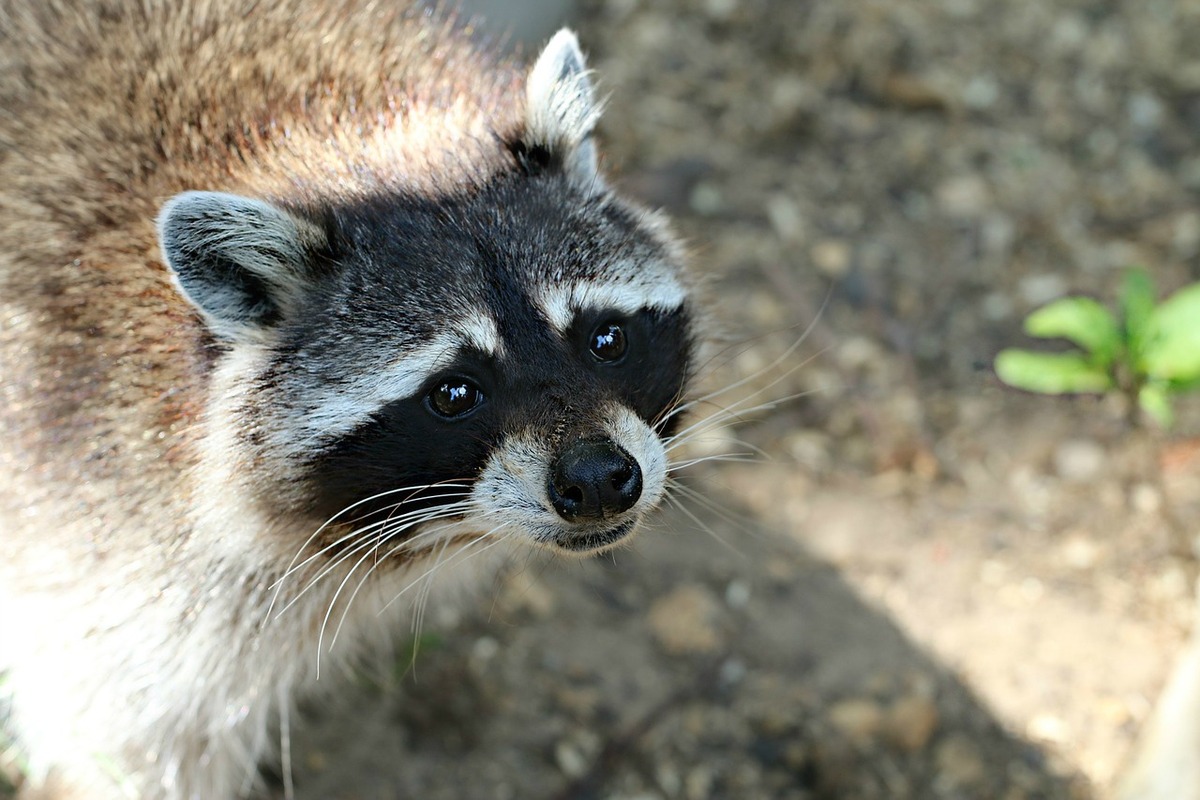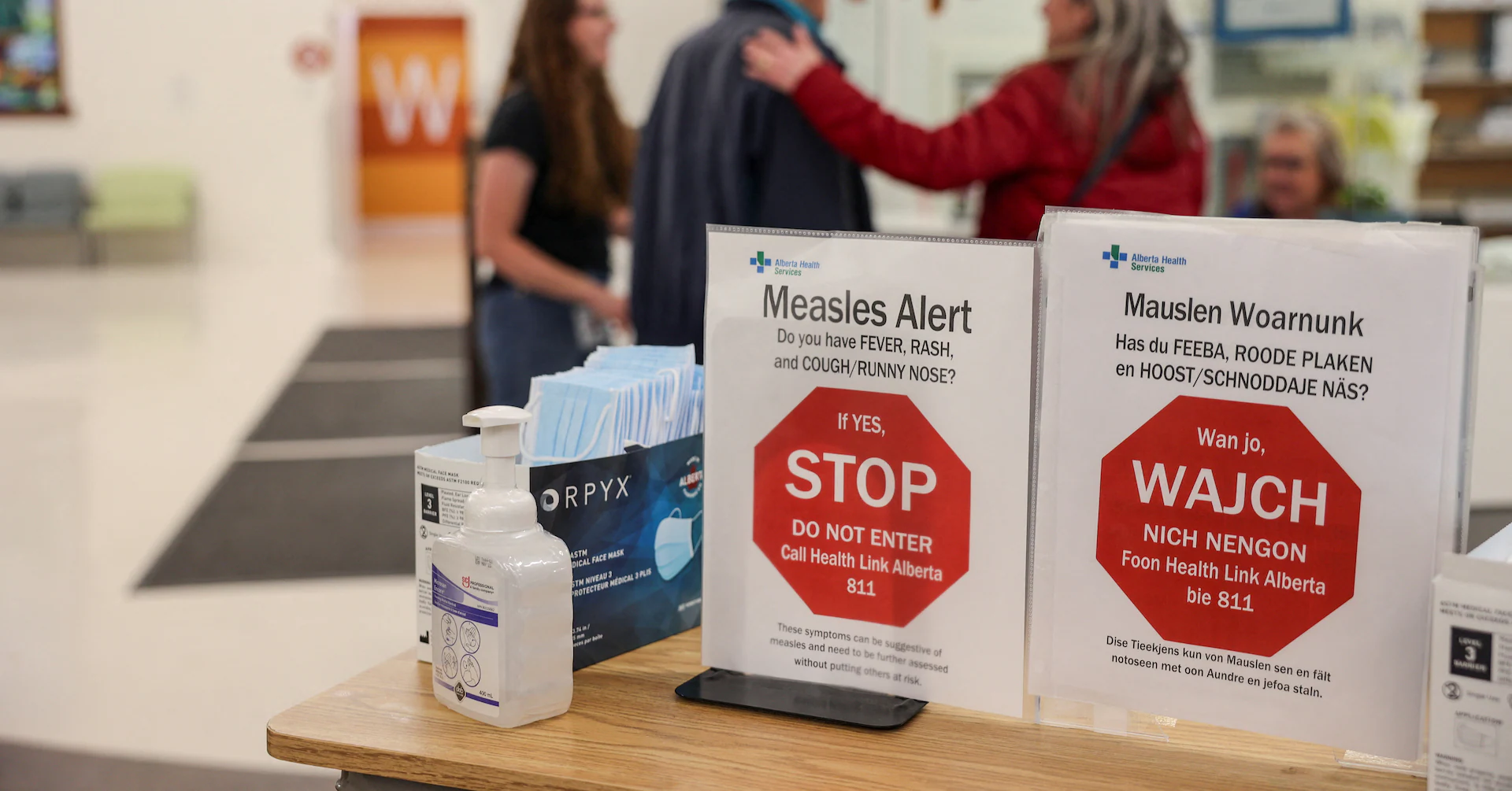Copyright Bangor Daily News

DEER ISLE, Maine — Bill Sturtevant, a seasonal resident of Stonington, was getting out of his truck at a friend’s house on French Camp Road in Deer Isle, on Oct. 15, when a raccoon crossed the driveway and attacked him, biting and scratching his left leg. “All of the sudden this raccoon came charging at me,” Sturtevant said in an interview. “It closed the distance in maybe less than a second. We locked eyes. I didn’t have time to close the door.” Sturtevant, a former Marine who shoots handguns regularly, reached into his vehicle, pulled out a pistol and shot the animal off his leg. He fired nine shots, killing the raccoon. Sturtevant called 911 and was transported by ambulance to Northern Light Blue Hill Hospital, where he began treatment for rabies. The raccoon tested positive for rabies after being brought to a state lab in Augusta. Two weeks later, Sturtevant, now back in his West Virginia home, said he had finished the rabies treatment and that his wounds were healing well. The attack was one of several recent cases of raccoons acting erratically in Deer Isle, according to Deer Isle Town Manager Jim Fisher. On Oct. 25, another resident was bitten by a raccoon while taking out her trash and is now undergoing treatment for rabies, Fisher said. In the past two weeks, Fisher has received half a dozen reports of raccoons acting strangely all over town. Fisher said he passes the reports along to the Maine Warden Service, which handles wild animal control calls. “I’d say we have a serious problem of raccoon rabies on the Island,” Fisher said. Rabies is a viral infection that affects mammals and is mainly spread through the bite of an infected animal. Maine usually has 60 to 65 confirmed cases of rabies every year, according to the Department of Inland Fisheries and Wildlife. Maine Center for Disease Control and Prevention data show that there have been 41 confirmed rabies cases in 2025, lower than the annual average. Rabies is generally carried by raccoons, skunks, bats and foxes. Rabies infection is possible but very rare among small rodents like mice, squirrels, rats and chipmunks. Of the three confirmed cases in Hancock County, two have been from raccoons and another from a skunk, according to Maine CDC. “Raccoons are really the poster child for the virus in Maine,” said Tegwin Taylor, wildlife biologist at the Department of Inland Fisheries and Wildlife. While the disease is ever-present among Maine mammals, Taylor said cases of rabies among humans and pets are rare. Attacks like the one Sturtevant experienced are rarer still, but Taylor said they do happen. “[Rabies] is here all the time, and we only really find out about it after encounters with humans or pets,” Taylor said. Symptoms of rabies can vary depending on the individual animal, the time of year and location, but generally include a loss of coordination, abnormal behavior, confusion, lack of fear, difficulty eating and excessive aggression. Taylor said raccoons and gray foxes tend to be the most aggressive rabid animals. Animals with rabies, she said, have little control over their behavior. Any wild creature, rabid or not, should be viewed at a distance. “A rabid animal’s brain is not working like a normal animal, they’re doing things no normal animal would do,” Taylor said. Taylor said keeping pet and livestock vaccination up to date is an important part of protecting against the disease. Taylor said it is “highly recommended” that cats aren’t allowed outdoors unless supervised. It’s also important to keep trash can lids sealed and to not leave any food outside that may attract wild animals. Fisher said it is highly recommended that residents register their pets with the town office. “Be super careful,” Fisher said. “Get your pets vaccinated and registered.” If left untreated, Maine CDC says rabies is almost always fatal in humans. Timely treatment after exposure is highly effective and vital to prevent infection. There has not been a death from rabies in the state for decades, according to the state health agency. If you are bitten, scratched or otherwise exposed to a possibly rabid animal, Maine CDC recommends seeing a healthcare professional or primary care physician as soon as possible. Maine CDC has a 24/7 hotline for questions about rabies exposure at 800-281-5821. To report a potentially rabid animal, call the Maine Warden Service or the nearest state police dispatch center. Call 800-432-7381 for the Maine State Police dispatch center in Bangor. Reports of potentially rabid animals can also be made to the local town office. If there is a safety concern, call 911. For Susan Gabrielson, Sturtevant’s friend and owner of the property where the raccoon attack occurred, it was a wake-up call. “I was shocked and concerned,” Gabrielson said. “I walk my dog there four times a day. People have to be aware that this can happen.” Testing an animal for rabies requires that it be trapped and killed. The raccoon that attacked Sturtevant is the only confirmed case of rabies in Deer Isle and Stonington.



